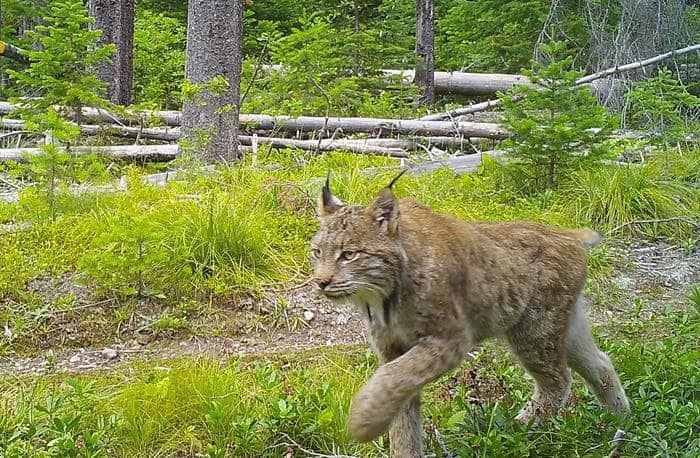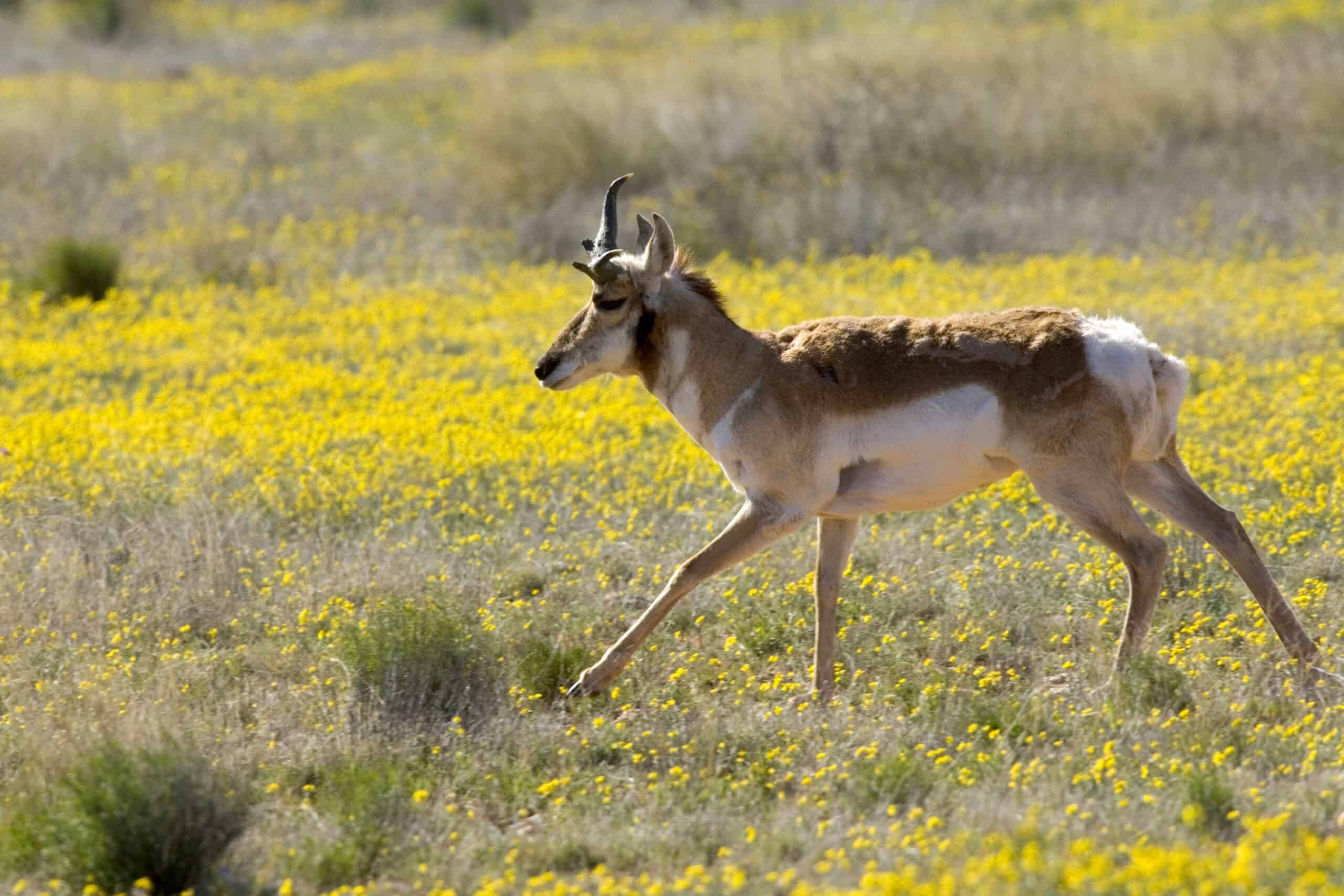Share this article
Report from conservation groups to guide next administration
The American Wildlife Conservation Partners (AWCP) has released a series of recommendations for the next U.S. Presidential administration regarding national wildlife conservation and sportsmen’s issues. The report represents the collective perspectives of 45 organizations, including The Wildlife Society, regarding the primary interests of the nation’s wildlife managers, educators, hunters and wildlife recreationists.
The report, entitled Wildlife for the 21st Century, focuses on enhancing several aspects of wildlife conservation and recreation through secured funding, improved hunter and recreational access to public lands, and improved collaboration among state and federal agencies.
Among the recommendations for the next administration is to secure permanent, dedicated funding for wildlife and habitat conservation.
According to U.S. Fish and Wildlife Service, nearly $3 billion is contributed to fish and wildlife conservation through the purchase of hunting and fishing licenses, stamps, permits, and taxes on firearms, ammunition, and bows. However, that is only 9% of the $730 billion spent by all outdoor recreationists. The report proposes that a similar excise tax be expanded to other outdoor recreation equipment through the user pays-public benefits model.
The report also recommends that next administration permanently authorizes the Wildlife and Hunting Heritage Council (WHHCC), of which The Wildlife Society is a member. WHHCC is a federal advisory committee that advises the Secretaries of the Interior and Agriculture on wildlife conservation and sportsmen’s issues. AWCP believes that WHHCC is an “indispensable link between hunters and recreational shooters and federal land management agencies.”
AWCP also recommends that future energy development be made compatible with wildlife and existing habitats through collaboration between state and federal agencies on the application of science in planning and policy. The next administration should support any legislation that would dedicate revenue from energy development on federal lands to mitigate the loss of fish, wildlife and habitat.
Read the full report here.
Header Image: ©U.S. Geological Survey








